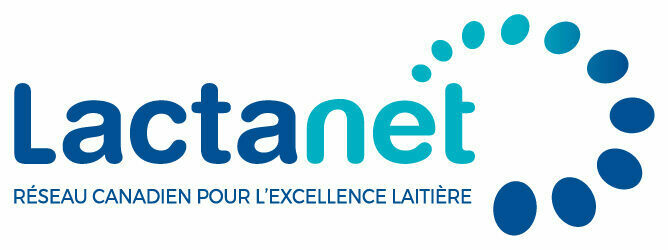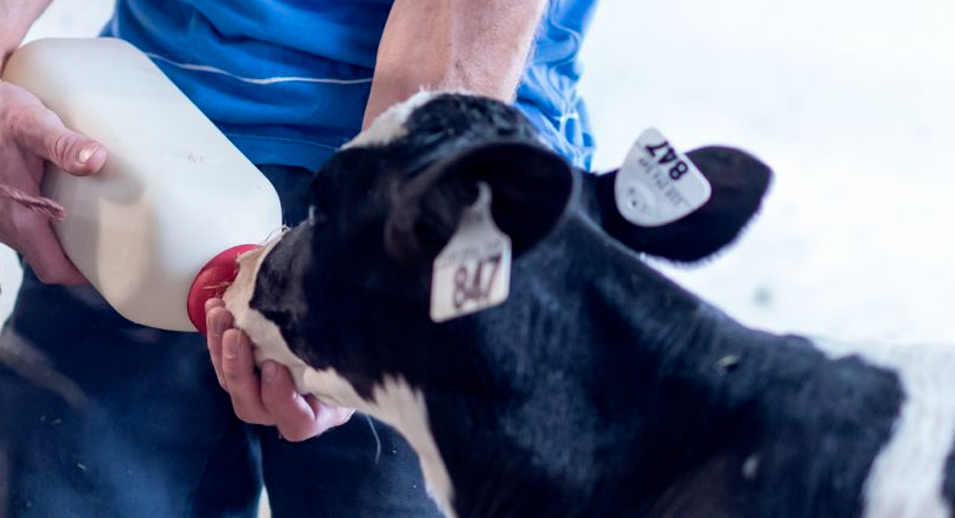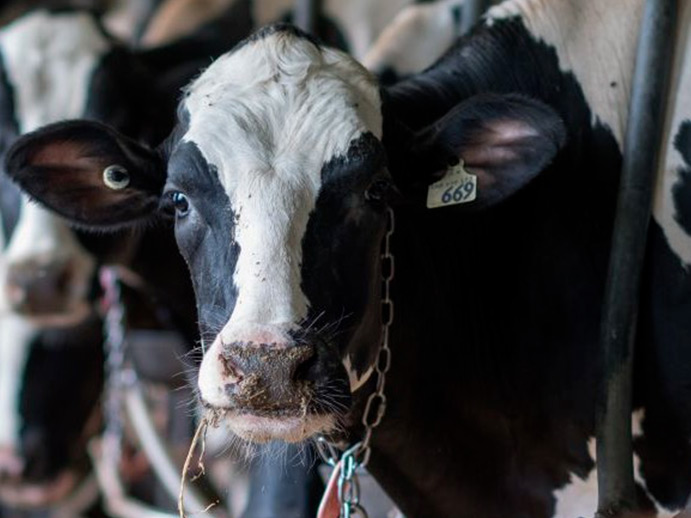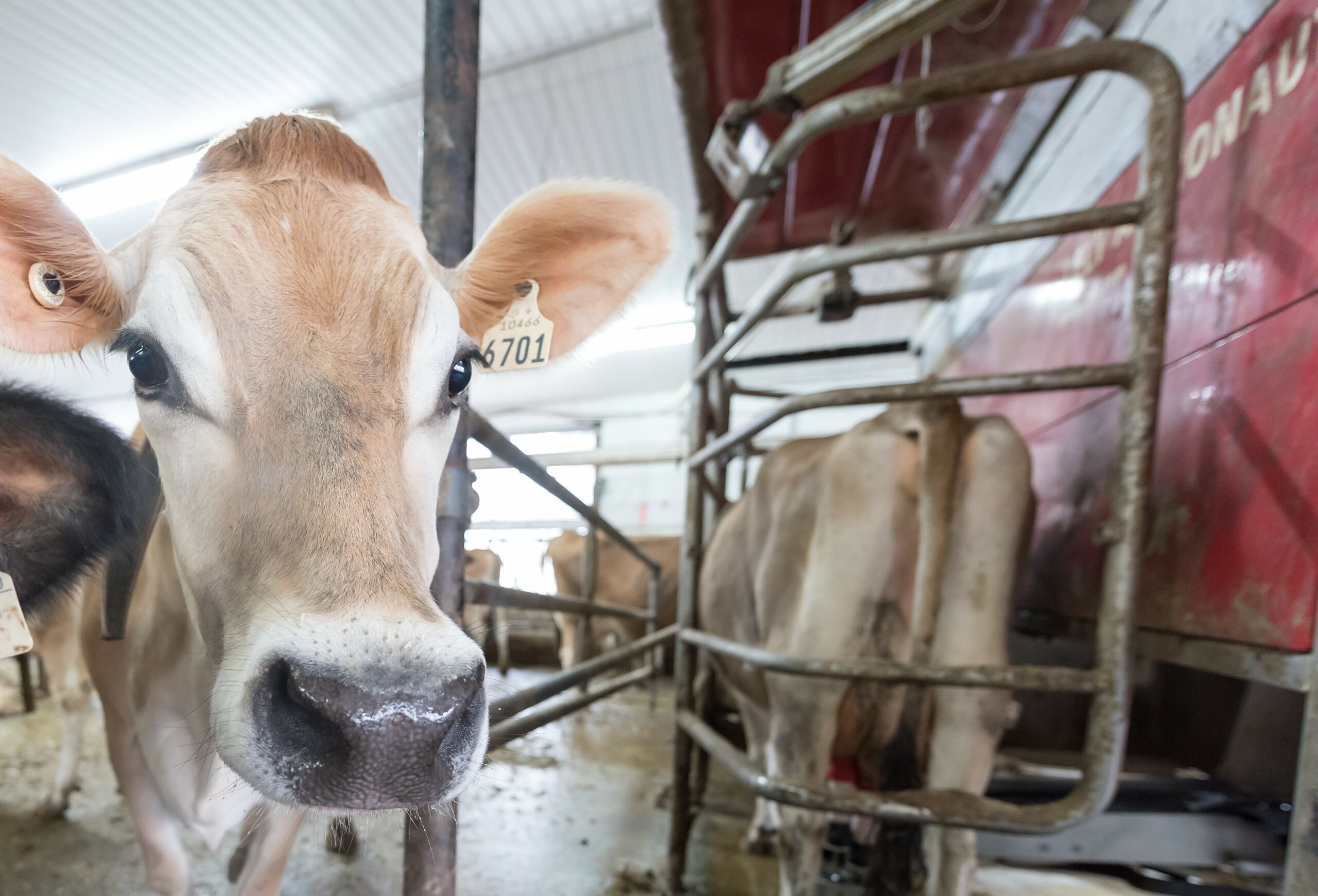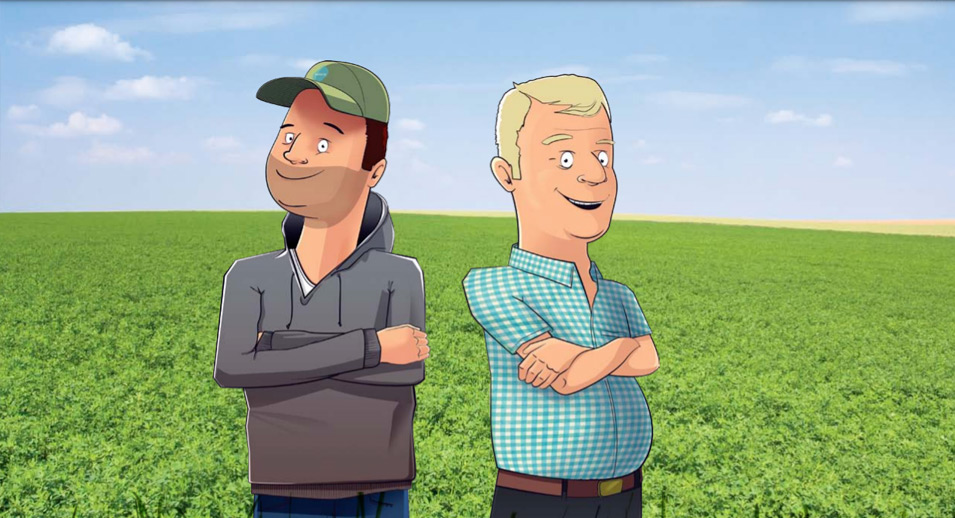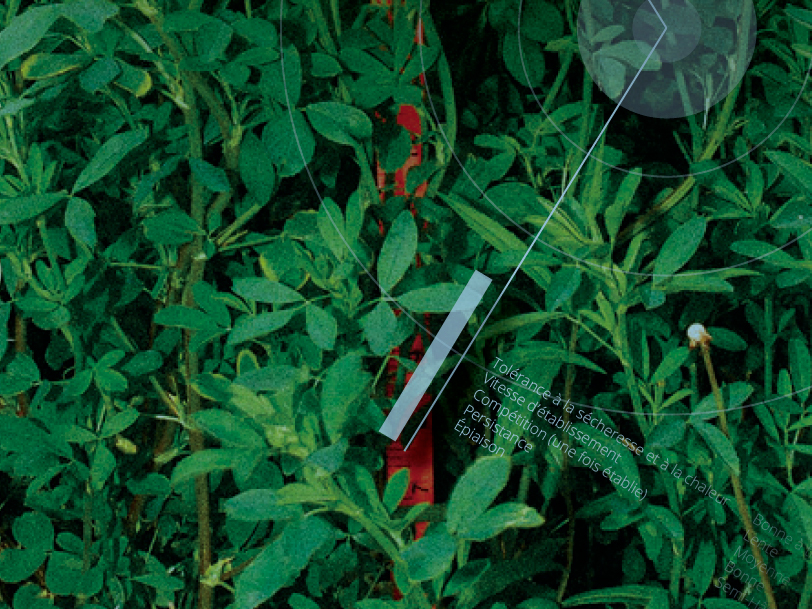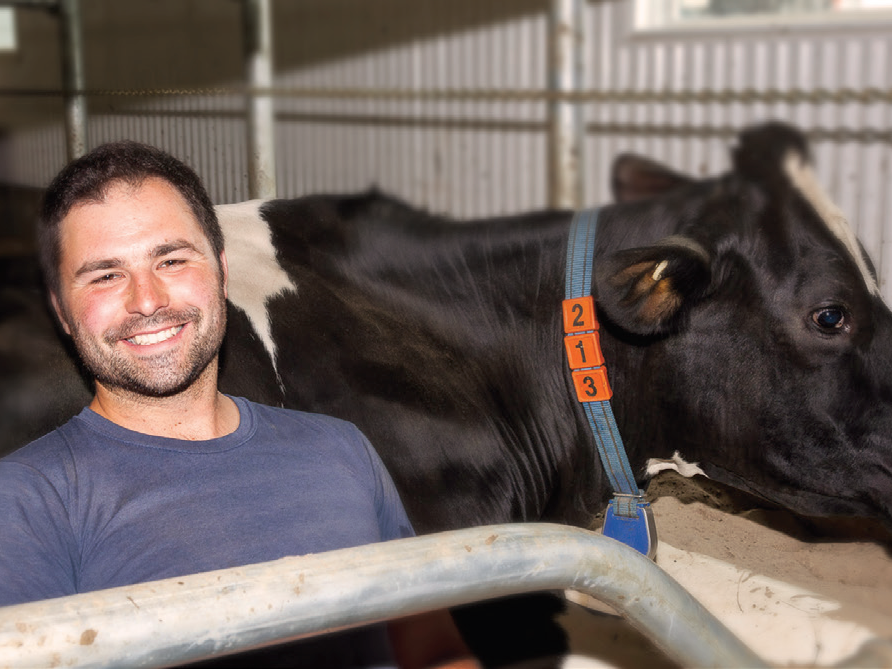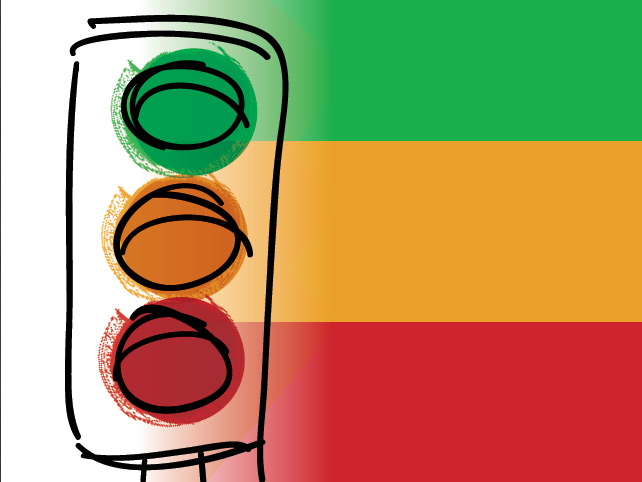Are your dry cows too hot?
- June 8, 2020
Your dry cows go through many types of stress between drying off and calving and these stresses can affect their health and future milk production. One significant type of stress is heat stress. Are you too hot? If you are, you can be sure that your cows already have been for some time!
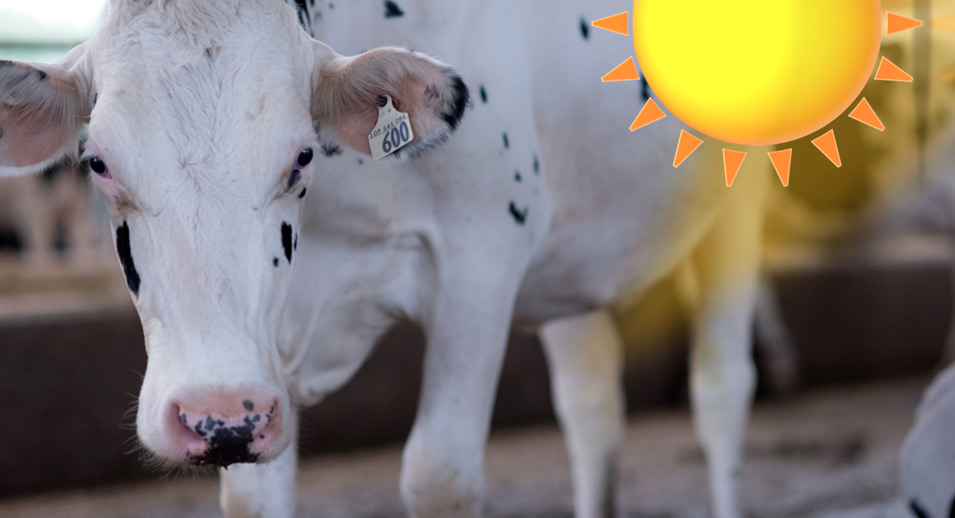
Are you too hot? Then your cows are hotter…
In fact, a cow’s comfort zone is between -1 and 15 degrees Celsius, depending on the humidity. This means that in most regions, cows will have to live with heat stress throughout the summer, unless we take steps to cool them.
Dry Cows: heat stress can not only affect their future production but also that of their offspring
Recent studies have demonstrated that the economic impact of heat stress is more significant for dry cows than milking cows1 and therefore these cows should be prioritized for cooling. Cows that were too hot during the dry period will produce less milk and have more health problems during their lactation (mastitis, respiratory problems and retained placenta).
Even more surprising is that this will also have negative effects on the daughters of these cows throughout their lives. They will produce less milk in their 1st and 2nd lactations (between 890 and 1,597 kg less milk per lactation), they will gain less weight during their growth period and they will absorb less antibodies at birth.
So how do you know if your cows are hot?
Judith Tremblay, Lactanet Dairy Production Technician, uses respiration rate to evaluate heat stress. To determine this, simply count the number of breaths per minute that the cow is taking, which should typically be below 60. Above 60 breaths per minute, cow are suffering from heat stress and you should consider implementing strategies to cool them down and keep them comfortable.
1 G. Smith, 2018; Collier et al., 2017; Dahl, 2019.

